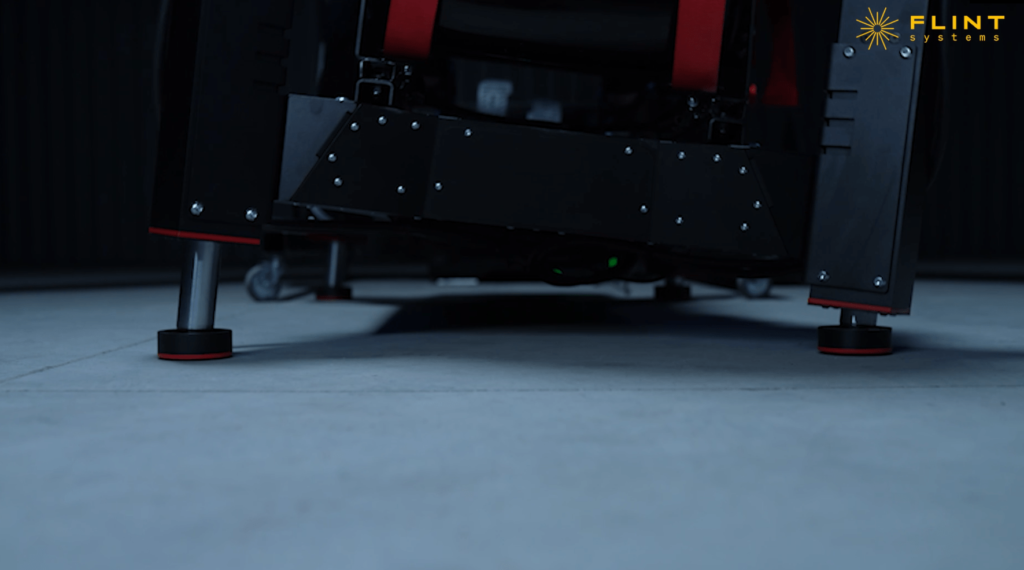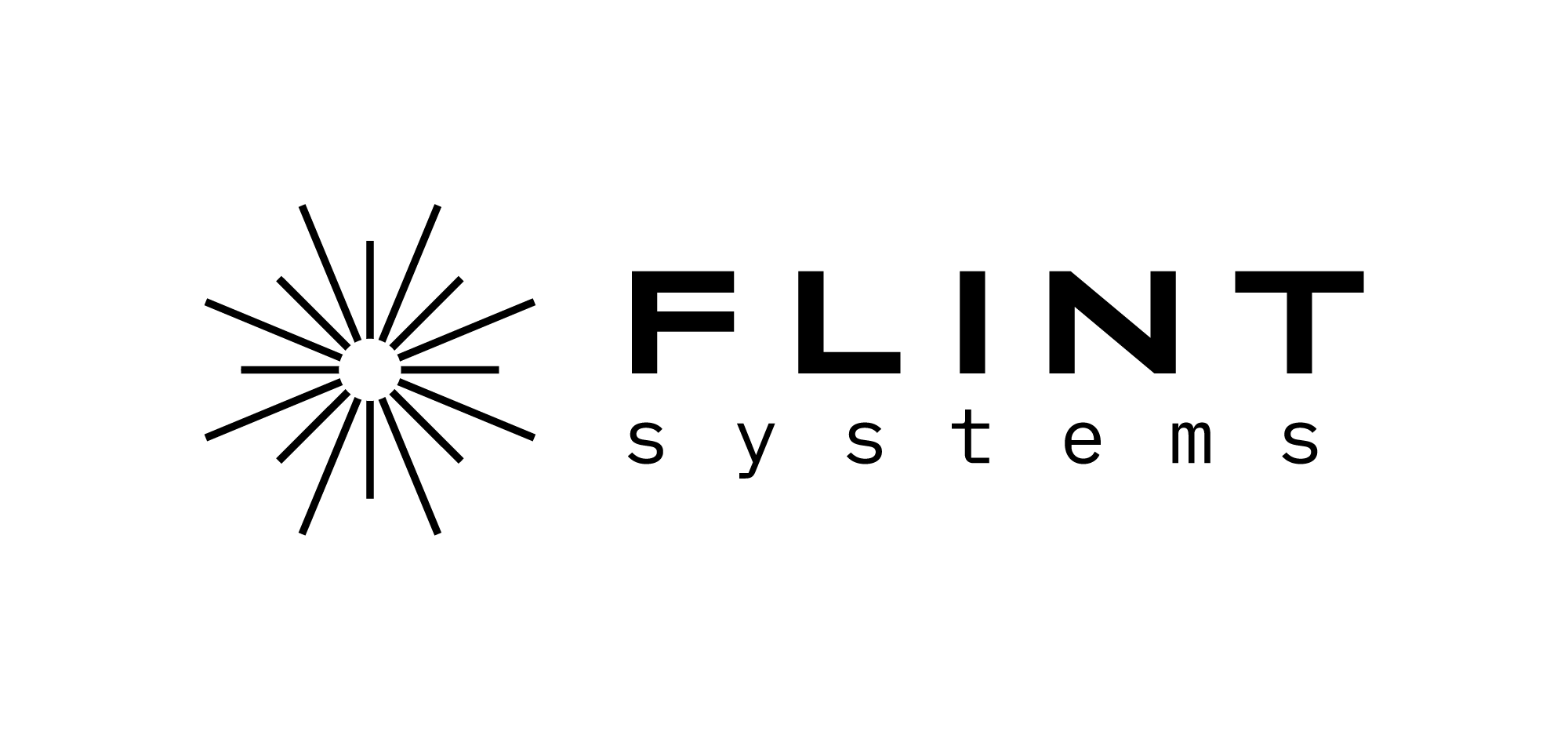Virtual reality has entered the market of training not so long ago but has already proven its value. One of the most common types of VR training is soft skills training based on simple VR goggles. But although a VR headset is a great tool for soft skills training, training hard skills is more demanding. Therefore Flint Systems offers fully immersive VR training simulators to ports, offshore, construction, and power industry.
The VR market is growing rapidly and according to all market forecasts, the pace of growth will be increasing year to year. This is why more and more companies implement virtual reality solutions. Virtual reality even now means technological advantage over the competition, and this trend will be more visible in the future.
What is a VR simulator?
Virtual reality training simulator consists of two parts – software and hardware.
Software is an application that can “contains” any kind of virtual machinery – be it a crane, ship, train, vehicle, etc. The virtual machinery has all the features and characteristics of the real one – we like to call it the “VR twin” of the real machine.
Besides software, the simulator consists of a hardware part – goggles, motion platform, joysticks, steering wheels, pedals, sensors to track user’s hand movements, and other electronic components, including those that are custom-made. They are integrated with software and their usage guarantees full immersion of a trainee.

How does VR training look?
VR training is very simple. The trainee sits with goggles on, hands on joysticks, (and feet on pedals, if needed). The VR goggles take the trainee to the virtual world. It is a case of just sitting down and putting on a VR headset and you’re away.
Thanks to the combination of software and hardware we get a fully immersive result that trains real skills in the virtual world.
Functionalities of a VR training simulator
VR training simulators train heavy machines operators. It doesn’t matter if it’s a tower crane, reachstacker, or forklift – we can create any kind of VR twin and place it in any kind of virtual world. The machine will have the same functionalities as the real one.
The simulator is based on a motion platform that reflects all the moves of the virtual machine. Heavy winds, breaking the ropes, waves on the open sea, sudden braking – it all can be fully reflected and therefore a VR simulator creates one of the best, fully immersive experiences.

What machines are already available in VR?
We successfully delivered the following machines in VR (as of September 2021):
- Forklift
- CTV boat
- Tower crane
- Rubber tyred gantry crane (RTG)
- Ship to shore crane (STS)
- Port crane
- Mobile crane
- Reachstacker
However, our team is constantly working on new machines. VR training simulators can meet the challenges of any industry. It can be successfully introduced everywhere machine operators work.
What are the benefits of VR training simulators?
Safety. VR training simulators train real skills in the virtual world, and this means that they are completely safe for people and equipment. On the contrary, training inexperienced persons on real equipment can lead to machine damages and people’s injuries or even deaths.
No operations breaks. VR training simulator does not cause any breaks in everyday operations, because there is no need to renting real machines.
Training life-threatening scenarios. Thanks to the VR training we have the chance to go through life-threatening scenarios, like accidents, health and safety procedures. The trainees will learn how to go through dangerous situations step by step and at the same time developing their motor memory.
Price. VR simulators are cheaper than conventional training that requires place and real equipment. These costs are huge. And what’s more VR training simulators are cheaper than old-type screen-based simulators. The cost of that kind of simulator is high because the screens cost tens of thousands of euros (compared to 1-2 thousand euros for VR goggles). And still, only a VR training simulator provides full immersion.
Which industries can benefit from VR training simulators?
VR training simulators can help in all kinds of industries. Be it ports, offshore, construction, or the energy sector – but here sky is the limit! VR simulators can be easily applied everywhere where people work with machines.

